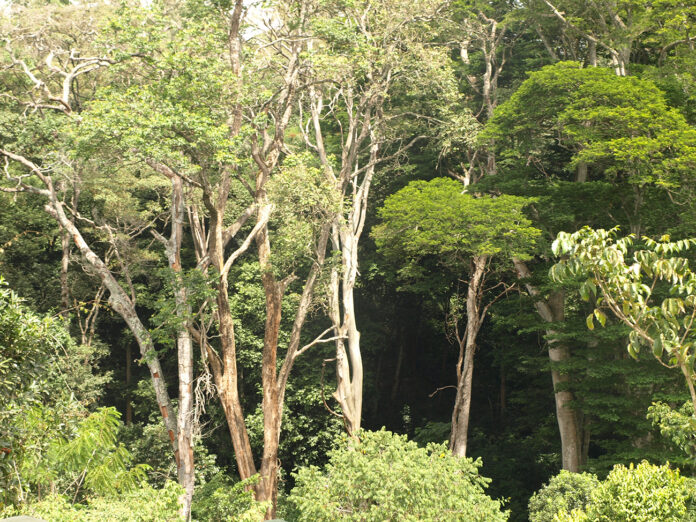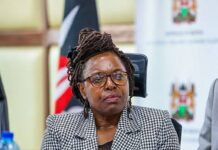Written by Lisa Murimi
In a landmark move for forest conservation and climate action, Kenya, with support from the United Kingdom and Conservation International, launched the continent’s first national REDD+ Registry on Monday.
This digital platform is designed to track, verify, and manage emissions reductions from REDD+ (Reducing Emissions from Deforestation and Forest Degradation) activities across the country.
Unveiled by Environment Cabinet Secretary Deborah Barasa, the registry is a centralised hub for recording forest-based carbon credits, aligned with Kenya’s obligations under Article 6 of the Paris Agreement.
“This Registry serves as a foundational element of Kenya’s National Carbon Market Infrastructure, functioning as the official national system for recording, tracking, and verifying emission reductions and forest-based carbon credits,” said Barasa..
The registry complements Kenya’s National Carbon Registry and adheres to the Climate Change (Amendment) Act, 2023, and Carbon Market Regulations, 2024.
The initiative, supported by UK PACT (Partnering for Accelerated Climate Transitions), positions Kenya as only the second country globally to implement such a dedicated REDD+ emissions tracking system.
British High Commissioner Neil Wigan lauded the move, calling it a “powerful symbol” of the growing Kenya-UK climate partnership.
“This registry is a powerful symbol of that partnership. It strengthens Kenya’s leadership in carbon markets and supports our shared goal of enabling people and nature to thrive together,” said Wigan.
Alongside the registry, the Ministry also launched the Kenya REDD+ Nesting Guidelines—a new policy framework for integrating local and national REDD+ efforts into a unified carbon accounting system.
Dr. Seif Hamisi of Conservation International noted the registry enhances transparency and accountability, and opens new avenues for international carbon finance.
“It sets Kenya apart as a country focused on transparency and accountability in the management of its REDD+ programme. Conservation International remains committed to supporting the Ministry of Environment, Climate Change and Forestry in the successful implementation of the Registry,” he noted.
Initially hosted by the UK for two years, the platform will eventually be managed locally.
Kenya’s REDD+ Registry ensures transparency, prevents double-counting, and promotes equitable benefit-sharing with Indigenous Peoples and forest communities—marking a major leap toward sustainable, inclusive climate action in Africa.



















